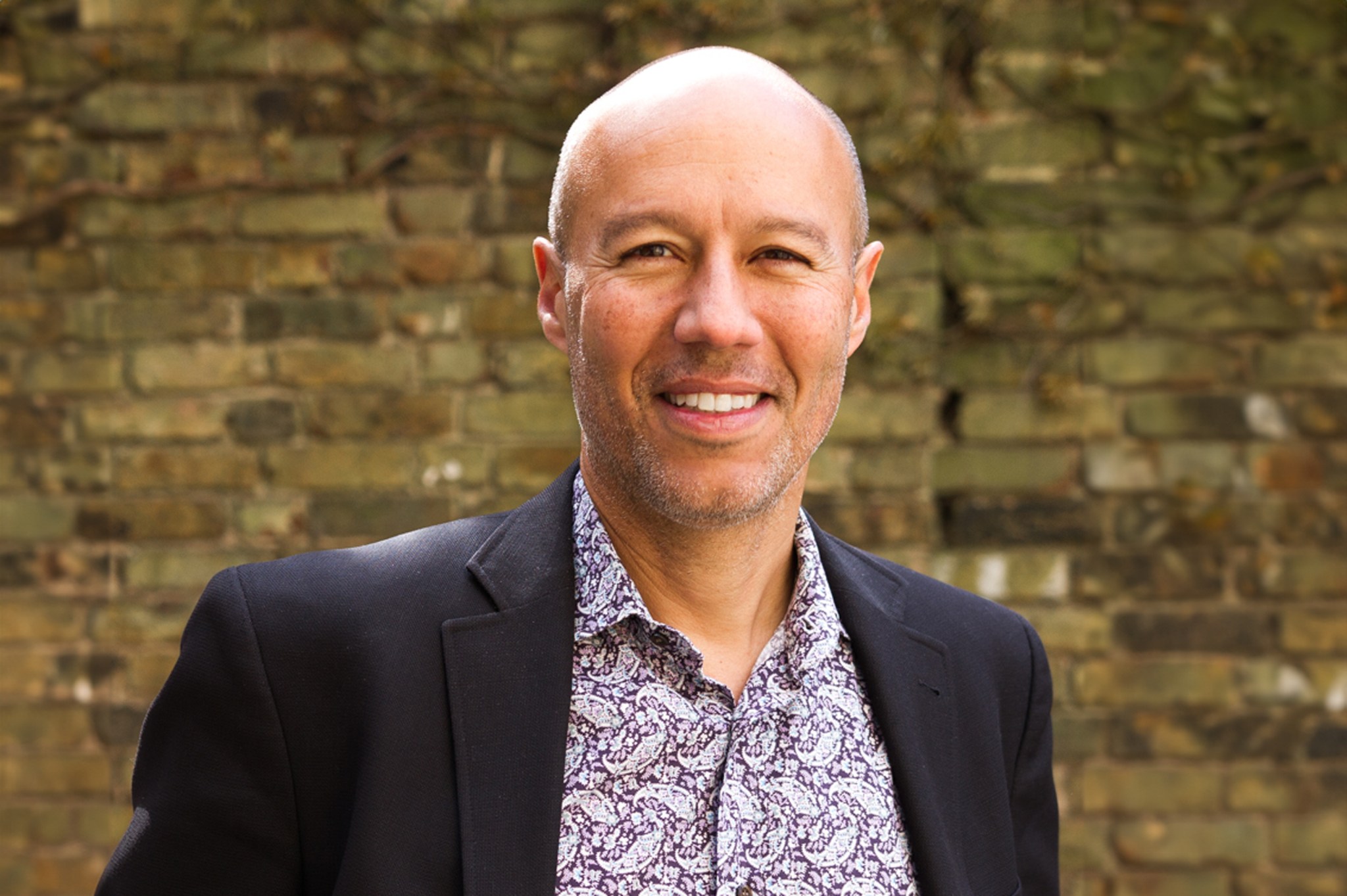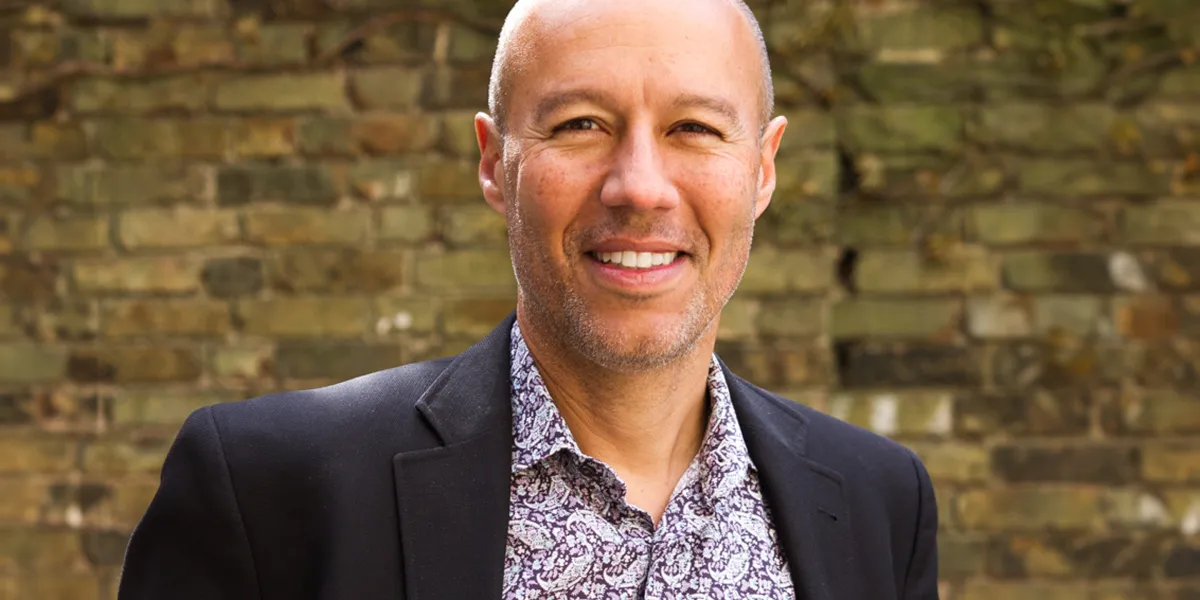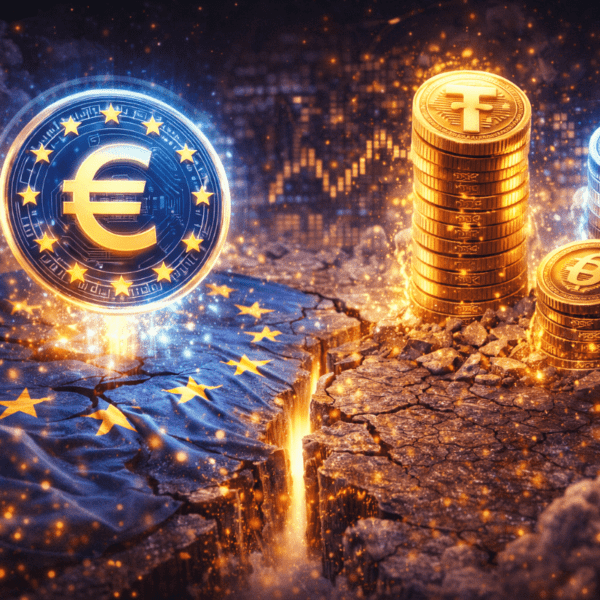
Good morning. When David Risher became CEO of Lyft, he drove part-time to get a feel for the job. Two and a half years later, he still drives at least once a month to, as he puts it, “learn, not earn.” In the latest episode of Leadership Next, taped at Fortune’s Brainstorm Tech conference in Deer Valley earlier this month, Risher talked to me and Kristin Stoller about how his part-time gig has shaped policy:
Fixed Prices: Risher says a passenger named Anne from Sausalito inspired him to let customers lock in a price for their morning commute after she talked about the stress of not knowing what she would have to pay every morning. “I began to realize people really don’t like surge pricing,” he says, “so we developed a product called price lock that allows people to lock in a price over a given route, and it’s been a game changer for commutes.”
Earnings Guarantee: “One of the things that really frustrates drivers is when they make too little versus what the rider pays,” he said. “Last year, we put in something called a 70% earnings guarantee. It means over the course of a week, drivers will never earn less than 70% of what riders pay after fees.” One result: “We now have a 19-point advantage over the other guys in terms of driver preference.”
Accountability: “If we want to develop the best possible service product, the highest-level service, we have to implicate our drivers.” So Risher’s team did a deep dive into why some drivers cancel, and which customers faced longer wait times, and then they worked to get those numbers down. “We’ve got 25% more riders and we’ve gone from losing share to gaining share,” he says.
Driver Choice: “You can say, ‘I only want to drive within this area,’ right? Because I know that I don’t want to go over the bridge, or I know I need to get home by seven o’clock. You learn to really value those things as a driver.” And being in the same neighborhood often allows drivers to forge connections with the people they serve, so Lyft introduced a feature that lets riders have favorite drivers, allowing those relationships with customers to deepen. Having done it himself, Risher understands the gig: “Being a driver is a little bit like being a therapist and a bartender,” he says. You can check out our full conversation on Apple and Spotify; we’ll share video clips across our social channels. And a shout out to our producer, Lydia Randall, because podcasting—like every other part of journalism—is a team sport.
Contact CEO Daily via Diane Brady at [email protected]
Top news
Introducing the Fortune AIQ 50
Today we published the Fortune AIQ 50, a new ranking that evaluates how Fortune 500 companies are actually deploying AI, and how technology leaders value those investments relative to industry peers. The ranking is a record of how 18 sectors across the Fortune 500, including financials, health care, and retailing, are utilizing AI to personalize customer experiences, provide groundbreaking data analysis, optimize supply chains, and more. Explore the list, and catch up on our ongoing Fortune AIQ series.
Hamas must accept Gaza peace plan or face destruction
The U.S. and Israel, with the backing of a swathe of countries in the Middle East and Europe, have agreed a peace plan for Gaza which features a full withdrawal of Israeli troops and a return of all hostages. There’s just one catch: Hamas has yet to accept it. If it does not, Israel will be allowed to “finish the job” in Gaza—a phrase used by both Israel’s Prime Minister Netanyahu and U.S. President Trump.
U.S. government set to shut down tonight
The U.S. federal government will shut down at 12.01 a.m. Wednesday morning unless Republicans cave to Democratic Party demands that Affordable Care Act tax credits, and other measures to reduce healthcare costs, be included in the spending bill. Some Democrats helped the Republicans keep the government open the last time a shutdown loomed and now the party feels burned by the experience, the WSJ says.
More tariffs?!
President Trump wants a 100% tariff on foreign movies and “substantial Tariffs” on foreign furniture.
YouTube pays Trump $22 million
Google settled a lawsuit against it brought by the president after he was booted off YouTube following the January 6 insurrection because the company wanted to reduce the risk of further violence from his supporters. Trump’s lawsuit claimed that censoring him was “unconstitutional.” Reality check: Declining to host someone on your tech platform is not unconstitutional. It is more likely that Google parent Alphabet has chosen expediency over legal principle. $22 million is a rounding error in Google’s finances.
Exodus of top talent at Elon Musk’s companies
The FT named 23 top executives who left Musk’s companies in recent months, many citing the frustration of working 24/7 and dealing with a CEO who deliberately stokes culture wars. One of them, xAI’s head of legal Robert Keele, posted a cartoon of a lawyer shoveling hot coals in his announcement that he was leaving, saying “I love my two toddlers and I don’t get to see them enough.”
Wiz’s five-year surge to success
Cloud security company Wiz made headlines this spring when it was acquired by Google for more than $32 billion, marking one of the 10 biggest tech M&A deals in history. Fortune’s Michal Lev-Ram sat down with cofounder and CEO Assaf Rappaport to explain why he turned down previous iterations of the deal—and how they surged to massive success in just five years.
Nvidia’s Huang boosts “sovereign AI”
Must-read deep dive on how Nvidia’s Jensen Huang persuades foreign governments to go all-in on “sovereign AI” programs: On September 17, Huang had dinner with President Trump and King Charles, and the next day hosted a party in London along with U.K. Prime Minister Kier Starmer and U.S. commerce secretary Howard Lutnick. The FT reports, “Then, channelling Oprah Winfrey’s famous TV show giveaways, Huang started distributing prizes into the audience. Pledging £2bn for UK-based AI start-ups, he anointed eight companies one by one, telling each in turn: ‘I’m going to invest in your next round.’ Many of the British people in the audience were left bemused. ‘The whole event was totally unhinged,’ says one attendee.”
The markets
S&P 500 futures were down 0.16% this morning. The index closed up 0.26% in its last session. STOXX Europe 600 was down 0.32% in early trading. The U.K.’s FTSE 100 down 0.19% in early trading. Japan’s Nikkei 225 was down 0.25%. China’s CSI 300 was up 0.45%. The South Korea KOSPI was down 0.19%. India’s Nifty 50 was flat before the end of the session. Bitcoin rose to $113.5K.
Around the watercooler
Ford CEO warns there’s a dearth of blue-collar workers able to construct AI data centers and operate factories: ‘Nothing to backfill the ambition’ by Sasha Rogelberg
Trump’s tariffs are already spurring Japanese companies to shift more production to the U.S. by Jason Ma
OpenAI rolls out ‘instant’ purchases directly from ChatGPT, in a radical shift to e-commerce and a direct challenge to Google by Jeremy Kahn
Top crypto regulator Adrienne Harris steps down from the New York Department of Financial Services by Leo Schwartz
CEO Daily is compiled and edited by Joey Abrams and Jim Edwards.















